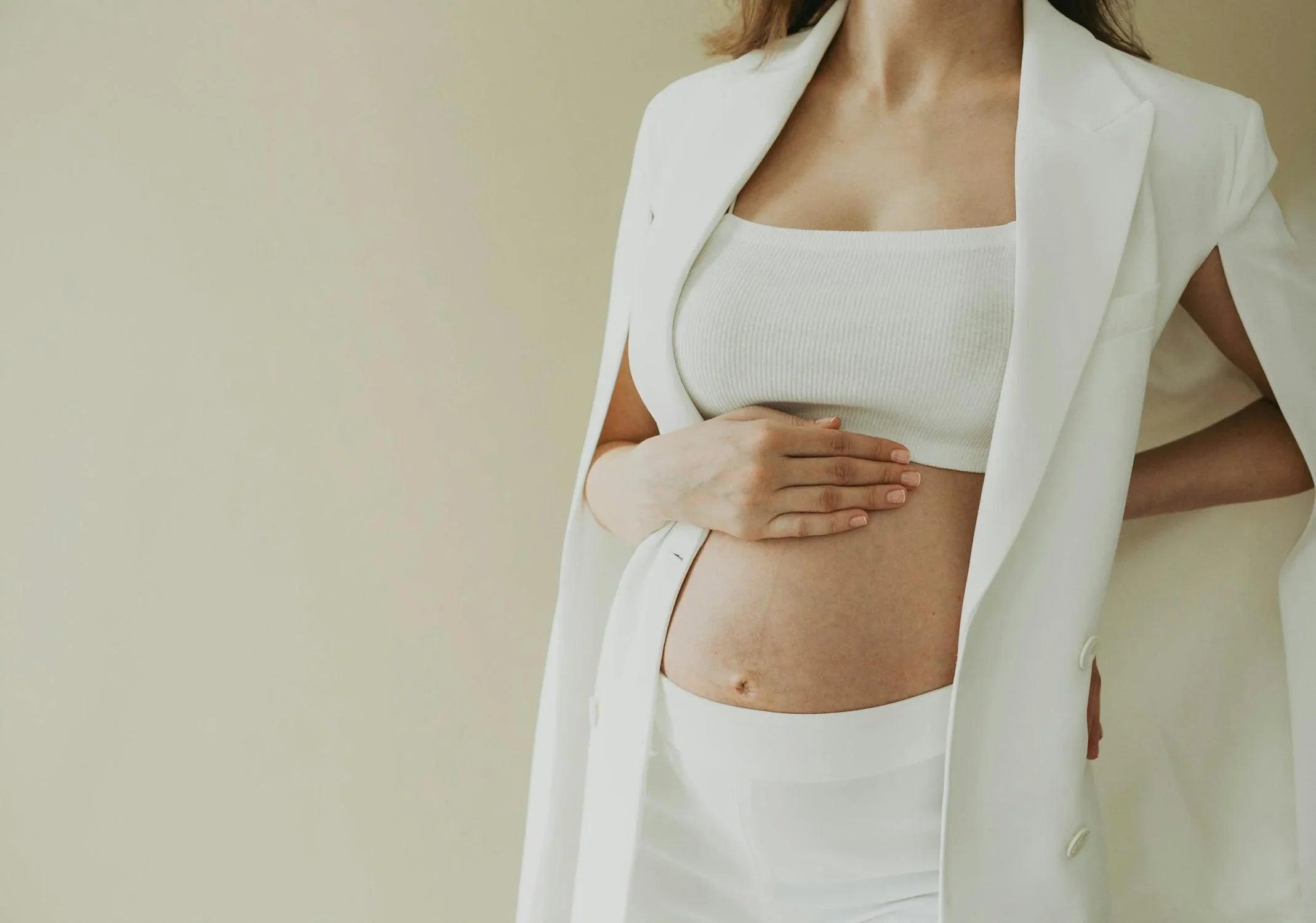Home
Pregnancy, Breastfeeding, and Pumping: The Ultimate Guide for Moms
Can Breastfeeding Cause a False Negative Pregnancy Test? Exploring the Facts

Can Breastfeeding Cause a False Negative Pregnancy Test? Exploring the Facts
When it comes to pregnancy tests, accuracy is everything. But what happens when factors like breastfeeding come into play? Many women wonder, can breastfeeding cause a false negative pregnancy test? The answer isn’t straightforward, as breastfeeding can influence hormone levels in ways that might affect test results. Let’s dive into the science behind this question and uncover the truth.
Understanding How Pregnancy Tests Work
Pregnancy tests detect the presence of human chorionic gonadotropin (hCG), a hormone produced during pregnancy. When a fertilized egg implants in the uterus, hCG levels begin to rise, doubling every 48 to 72 hours in early pregnancy. Most home pregnancy tests are designed to detect hCG in urine, with varying levels of sensitivity.
However, certain factors can interfere with hCG detection, leading to false negatives. These include testing too early, diluted urine, or even certain medications. But where does breastfeeding fit into this equation?
The Role of Hormones During Breastfeeding
Breastfeeding triggers a cascade of hormonal changes in the body. Prolactin, the hormone responsible for milk production, is elevated during lactation. This can suppress ovulation and delay the return of regular menstrual cycles. Additionally, breastfeeding can influence levels of other hormones, including estrogen and progesterone.
While hCG is specific to pregnancy, the hormonal environment created by breastfeeding might indirectly affect pregnancy test results. For example, if ovulation is delayed or irregular, it could lead to lower-than-expected hCG levels, potentially causing a false negative.
Can Breastfeeding Directly Affect Pregnancy Test Results?
The short answer is no—breastfeeding does not directly interfere with the detection of hCG in pregnancy tests. However, it can create conditions that make it harder to detect pregnancy early. For instance, if a woman becomes pregnant while breastfeeding, her hCG levels might rise more slowly than in a non-breastfeeding pregnancy. This could result in a false negative if the test is taken too early.
Additionally, breastfeeding can mask early pregnancy symptoms, such as missed periods, making it harder to know when to take a test. This delay in testing can also contribute to false negatives.
Other Factors to Consider
While breastfeeding is a key factor, it’s not the only one that can lead to false negative pregnancy tests. Here are some other considerations:
- Testing Too Early: hCG levels may not be high enough to detect in the early stages of pregnancy.
- Diluted Urine: Drinking excessive fluids before testing can dilute hCG levels in urine.
- Expired or Faulty Tests: Always check the expiration date and follow instructions carefully.
- Ectopic Pregnancy: In rare cases, hCG levels may be lower than expected in ectopic pregnancies.
When to Take a Pregnancy Test While Breastfeeding
If you’re breastfeeding and suspect you might be pregnant, timing is crucial. Wait at least a week after a missed period to take a test, or use a highly sensitive test designed to detect lower levels of hCG. If you’re unsure, consult a healthcare provider for a blood test, which can detect pregnancy earlier and more accurately than urine tests.
What to Do If You Get a False Negative
If you receive a negative result but still suspect you’re pregnant, don’t panic. Wait a few days and retest, as hCG levels may not have been high enough initially. If symptoms persist or you’re still unsure, seek medical advice. A healthcare provider can perform a blood test or ultrasound to confirm pregnancy.
Breastfeeding and Fertility: What You Need to Know
Breastfeeding can act as a natural form of birth control, known as the lactational amenorrhea method (LAM). However, this method is only effective under specific conditions, such as exclusive breastfeeding and the absence of menstrual periods. Once these conditions change, fertility can return, increasing the risk of pregnancy.
It’s important to note that breastfeeding does not guarantee protection against pregnancy. If you’re not ready to conceive again, consider using additional contraception methods.
Final Thoughts on Breastfeeding and Pregnancy Tests
While breastfeeding doesn’t directly cause false negative pregnancy tests, it can create conditions that make early detection more challenging. Understanding how hormones interact during lactation and knowing when to test can help you get accurate results. If in doubt, always consult a healthcare professional for guidance.
So, can breastfeeding cause a false negative pregnancy test? The answer lies in the complex interplay of hormones and timing. By staying informed and proactive, you can navigate this unique phase of life with confidence.
Share

